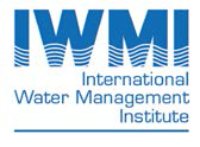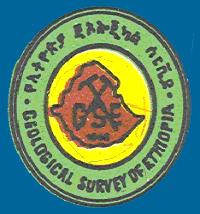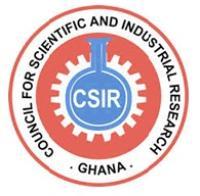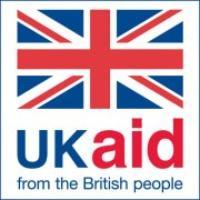AMGRAF
Adaptive management of shallow groundwater for small-scale irrigation and poverty alleviation in sub-Saharan Africa
The AMGRAF research project is a contribution to improving the evidence base on groundwater availability and management in Sub-Saharan Africa (SSA) in order to enable its sustainable use for the benefit of poor people. The project is interdisciplinary, linking the social and natural sciences to address this challenge. It is being delivered through a partnership between Newcastle University and a consortium of international partners comprising: the International Water Management Institute (IWMI), the Geological Survey of Ethiopia, the Water Research Institute (Ghana) and the Hydrosciences Division of the Council for Scientific and Industrial Research (South Africa).
The overarching aim of AMGRAF is to establish whether development of shallow groundwater resources for small-scale irrigation (and other purposes) can be used sustainably to alleviate poverty in SSA. Productive use of groundwater resources in SSA currently remains low, but there are patches of more intensive use and the total extent of groundwater irrigation has been estimated at around one million hectares. As the population grows, water security in SSA will become increasingly challenging and demands on groundwater resources are likely to surge. To ensure sustainability, greater understanding of groundwater resources and how to manage their use effectively will be required.
Shallow groundwater resources are most likely to be used by poorer communities because of their accessibility, but they are vulnerable to over-exploitation and climatic variability. Experience from Asia has shown that rapid development of groundwater resources can lead to inequitable access. Realisation of the potential for poverty reduction therefore requires a focus on how local communities can assess and manage their own resources taking account of physical, socio-economic, and governance contexts. Proven tools and approaches to enable this community-centred approach currently do not exist. The objective of AMGRAF is to improve understanding of shallow groundwater resources in SSA and to deliver tools for their sustainable management.





